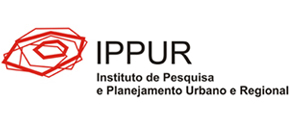Resumo em Inglês
Andrea Carla de AzevêdoMestre em Desenvolvimento Regional pela Universidade Estadual da Paraíba/Universidade Federal de Campina Grande e doutoranda em Planejamento Urbano e Regional pela Universidade Federal do Rio de Janeiro (IPPUR/ UFRJ). Doutoranda Visitante no Centro de Estudos Sociais da Universidade de Coimbra.Verse and Reverse of Water Public Policies for the Semiarid Brazilian
In this study, we discuss about nature of public policies to face the water scarcity in the brazilian Semiarid region in the context of the resumption of discussions on regional development. Is shown as the issue of water is guided in the development of the region and how the Freshwater Programs (FWP) and One Million Rural Cisterns (1MCP) has been presented as alternatives of access and democratization of water. There have been at FWP technical weaknesses and limited socio-economic results to a great extent, to access to drinking water. It became clear in 1MCP a secondary participation and it was observed that rainwater stored in cisterns have not been sufficient to supply the needs of families. Both programs fall far short of the desirable or necessary to promote significant changes, however, it has decreased the dependence of families both in relation to water truck, as water from other sources and promoted hidric relative autonomy.
Resumo em Português - Texto
Download PDF
Voltar



